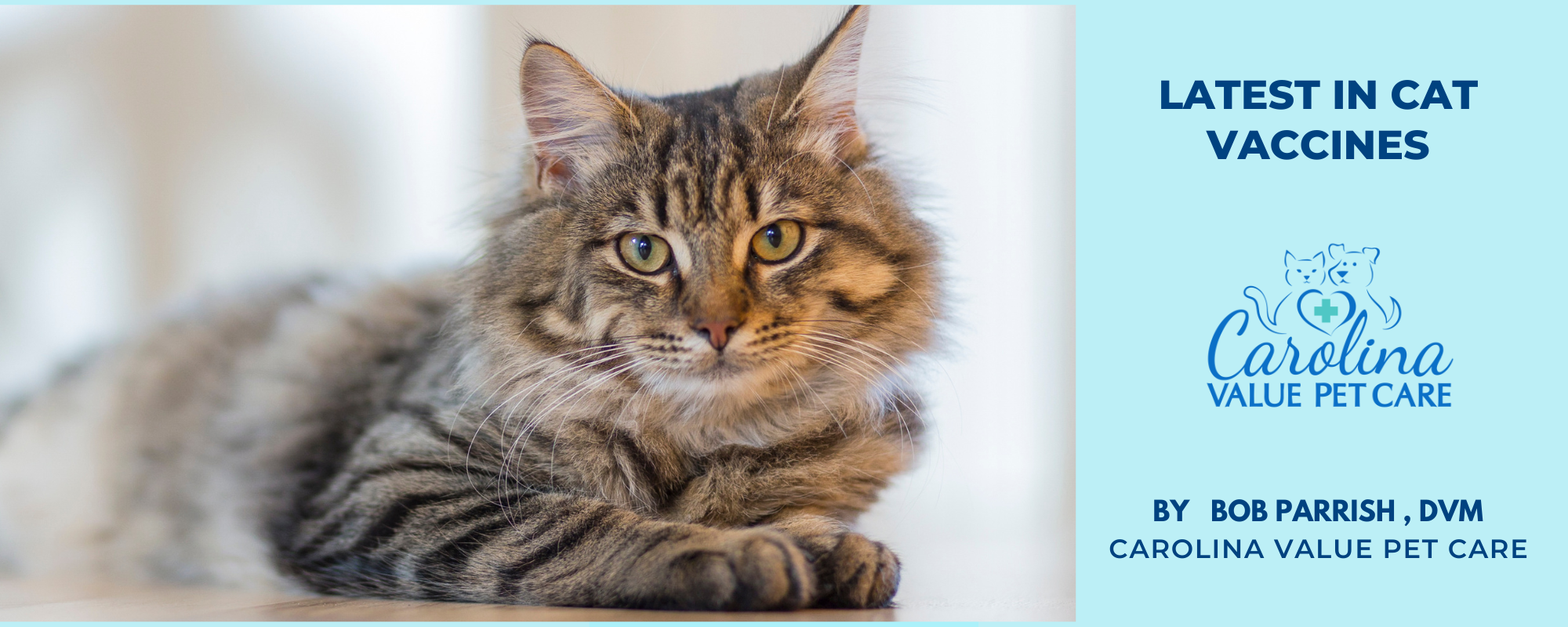NEW FINDINGS IN CATS: WHY WE RECOMMEND GIVING THE 3 YEAR FELINE DISTEMPER VACCINE RATHER THAN THE 1 YEAR FELINE DISTEMPER VACCINE!
For those kitty owners who have had the unfortunate experience of coping with chronic kidney disease with your cat, we now have new information that suggests possible causes for this debilitating and life-threatening condition.
Recent research shows that there are 2 common factors in cats that are associated with nephritis, an infection involving nephrons, the filtering units of the kidneys’:
1) Bad oral hygiene / bad teeth, and
2) Giving the Feline Distemper vaccine once a year.
While we don’t have proof that either Bad Teeth and the 1 year Feline Distemper vaccine are completely responsible for the onset of nephritis, there is enough evidence that we can encourage making choices to reduce the chances of cats developing nephritis.
Nephritis infections often lead to kidney disease. Kidney disease can become a chronic (on-going) condition that leads to kidney failure. Once chronic kidney failure sets in, the best we can usually hope for is to provide supportive care for these cats, as chronic kidney failure is eventually fatal since the kidneys lose their ability to filter out toxins and poisons from the bloodstream.
For a long time, we have been providing a 3 year Feline Distemper vaccine in kitties (as we do in dogs, too). Now going forward, because of this current information, we strongly recommend giving the 3 year Feline Distemper rather than the 1 year Feline Distemper. Bear in mind that the 3 yr Feline Distemper vaccine costs more upfront, but it is actually much more economical than giving the 1 year Feline Distemper annually.
A very important point: There was no connection of cats with nephritis infections and giving either the Feline Leukemia vaccine or the Rabies vaccine or giving the Feline Distemper vaccine every 3 years.
One other important consideration: We know for a fact that most cats do not receive a Feline Distemper vaccine at all. But most housecats will eventually develop some dental problems unless you are that rare unicorn kitty parent who is routinely brushing your cat’s teeth. There are numerous ways to help with a cat’s (and dog’s) oral and dental health, starting with brushing their teeth. While many cats won’t tolerate regular brushing of their teeth, you should at least give it a try. We have a dental handout with strategies to introduce dental care and teeth brushing for your pets. There are 3 other options: 1) A raw diet with tiny bits of bone ground into the food can more closely resemble the diet of a cat in the wild. 2) Offer dental treats to your kitty. Dentalife by Purina is one tartar-control treat that may help. Greenies for Cats may help as well. 3) Hill’s makes a dental diet t/d (for Teeth/Diet) that helps prevent tartar accumulation on the teeth.
As always, we only perform the services that our customers request. But when your kitty is due for a Feline Distemper vaccine, we will strongly advise spending a little more and giving the 3-year Feline Distemper vaccine.

